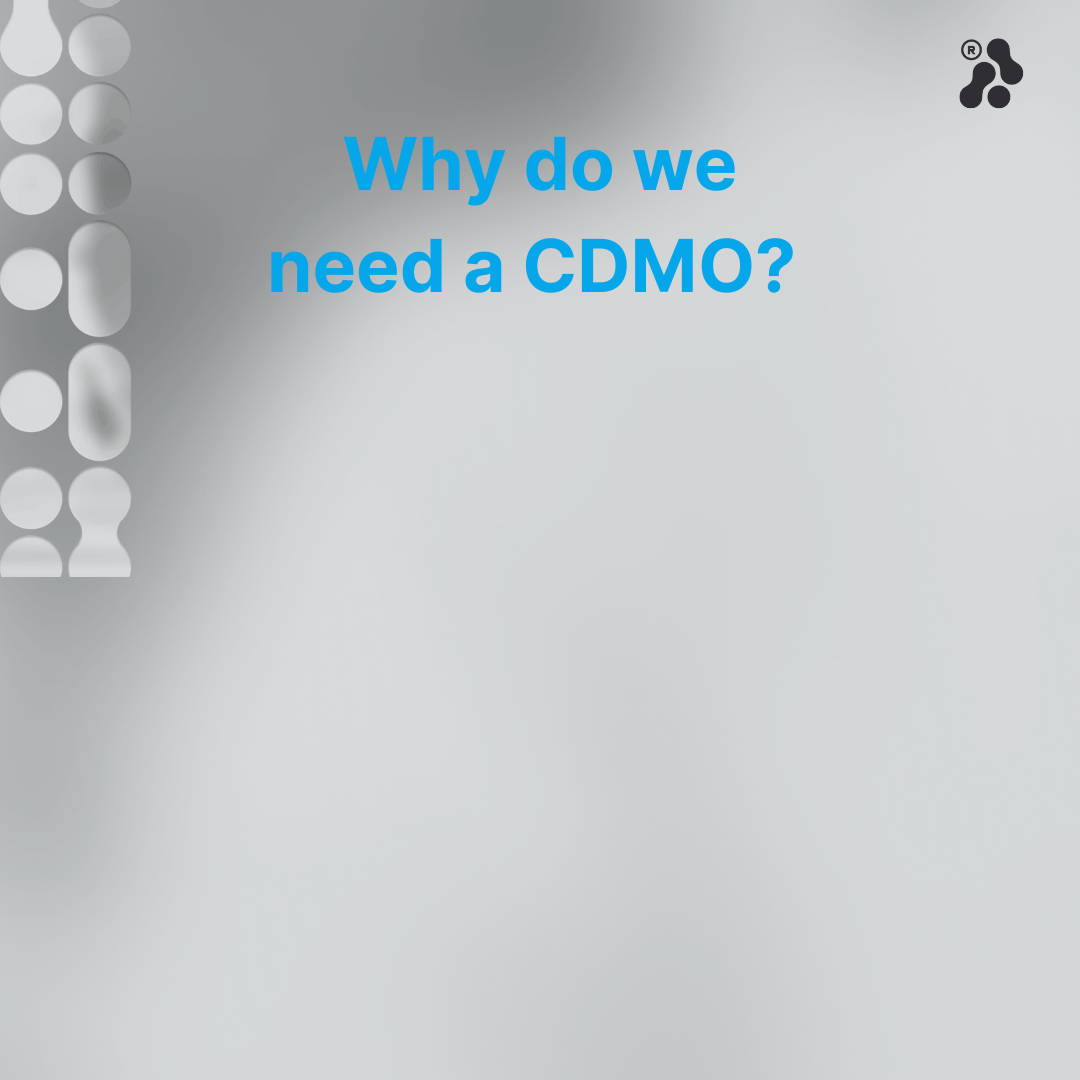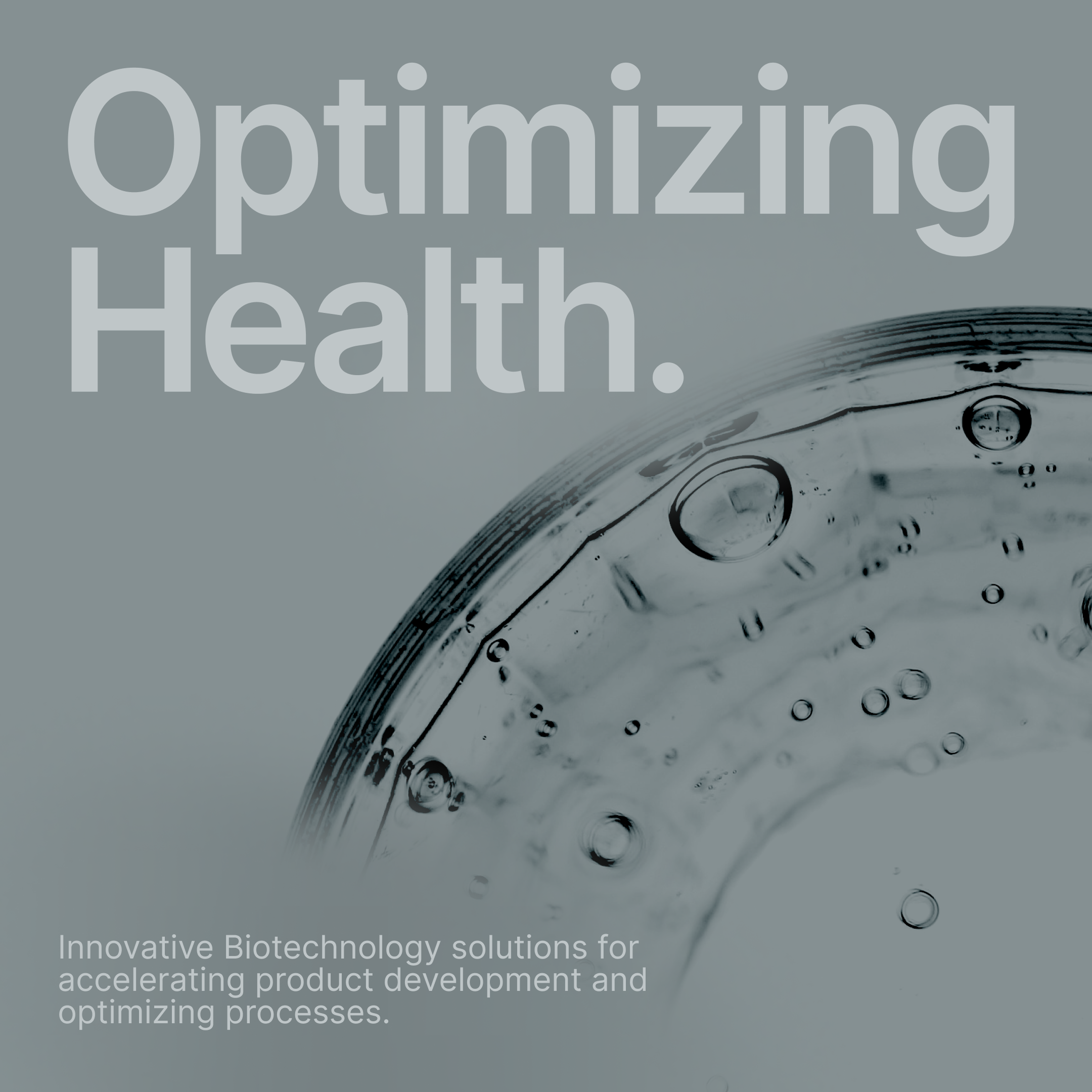During the past decade, a significant shift has been seen in the nature of the products manufactured and sold by the innovative biopharmaceutical industry. The global biopharmaceutical portfolio of today contains a greater prevalence of large molecule drugs, expansion in the number of personalized or targeted products, and a rise in treatments for many orphan diseases. These trends have increased the number of biopharmaceutical products with extremely limited production runs, highly specific manufacturing requirements, and genotype-specific products (1).
Biopharmaceuticals treat and prevent some of the most prevalent and debilitating diseases that affect human health, including cancer, diabetes, autoimmune disorders, and bacterial and viral infections. It resulted in one of the most valuable and important business sectors in the world. Unlike other medicines, biopharmaceuticals are manufactured in, extracted, or otherwise derived from biological sources and require complex raw materials, equipment and manufacturing processes, and extremely highly specialized labor and facilities (2).
The most biological manufacturing capacity is allocated in North America and Europe. South America represents only 2.19% of world biopharmaceutical manufacturing capacity (3). It helps to explain the low number of biopharmaceutical products launched through Brazilian research, for example (4). The low manufacturing capacity also implies in a high cost of healthcare expenditures by Brazilian government, what reached 1.3 billion USD in 2015 (5).
Other reasons for this outlook are the need for pilot-scale facilities and training in the bioprocess industrial environment. Pilot-scale facilities are essential for the risk-reduction process of projects, since it explores challenges not found in laboratory-scale studies. Moreover, the lack of suitable bioprocess infrastructure for training prevents graduates to fill key industrial positions, such as those involved in cell culture and fermentation, downstream processes, analytical development, scale-up, and regulatory affairs (6).
One option to mitigate the high cost and risk of developing and manufacturing biopharmaceuticals is to partner with Contract Development and Manufacturing Organizations (CDMO). CDMOs are facilities specializing in the development and manufacturing of complex biologics for clinical and commercial stages. These facilities operate under GMP regulation and can provide third parties with access to high quality infrastructure with lower risk and investment, as well as apply their scientific and technical knowledge to serve as a useful strategy in the development and manufacture of biopharmaceuticals. (6). Curiously, there are more than 500 biological CDMO around the world, holding ~3.5 million liters of capacity (19.8% of that worldwide) at an average of 6,715 L/facility (7).
Facing the biological manufacturing gap that exists in Brazil, the Biotimize is building the first biological CDMO in the country. “For us, it will be a grateful accomplishment to be tool that will accelerate innovations of biological products by Brazilian companies”, says Fernando Barbosa, CEO of Biotimize. “More than that, we believe that we can democratize access to science and healing through our facilities, making a positive impact on people lives and bringing independence to developing countries”.
(1) https://www2.deloitte.com/content/dam/Deloitte/us/Documents/life-sciences-health-care/us-lshc-advanced-biopharmaceutical-manufacturing-white-paper-051515.pdf
(2) https://niimbl.force.com/s/about-niimbl
(3) Top1000bio.com
(4) https://consultas.anvisa.gov.br/#/medicamentos
(5) http://repositorio.ipea.gov.br/bitstream/11058/8522/1/TD_2398.pd
(6) DOI: 10.1126/science.abj5040
(7) https://bioprocessintl.com/business/economics/worldwide-biopharmaceutical-manufacturing-capacity-analysis-growth-continues-across-the-board/#:~:text=By%20far%2C%20the%20United%20States,the%20US%20average%20capacity%2Ffacility



